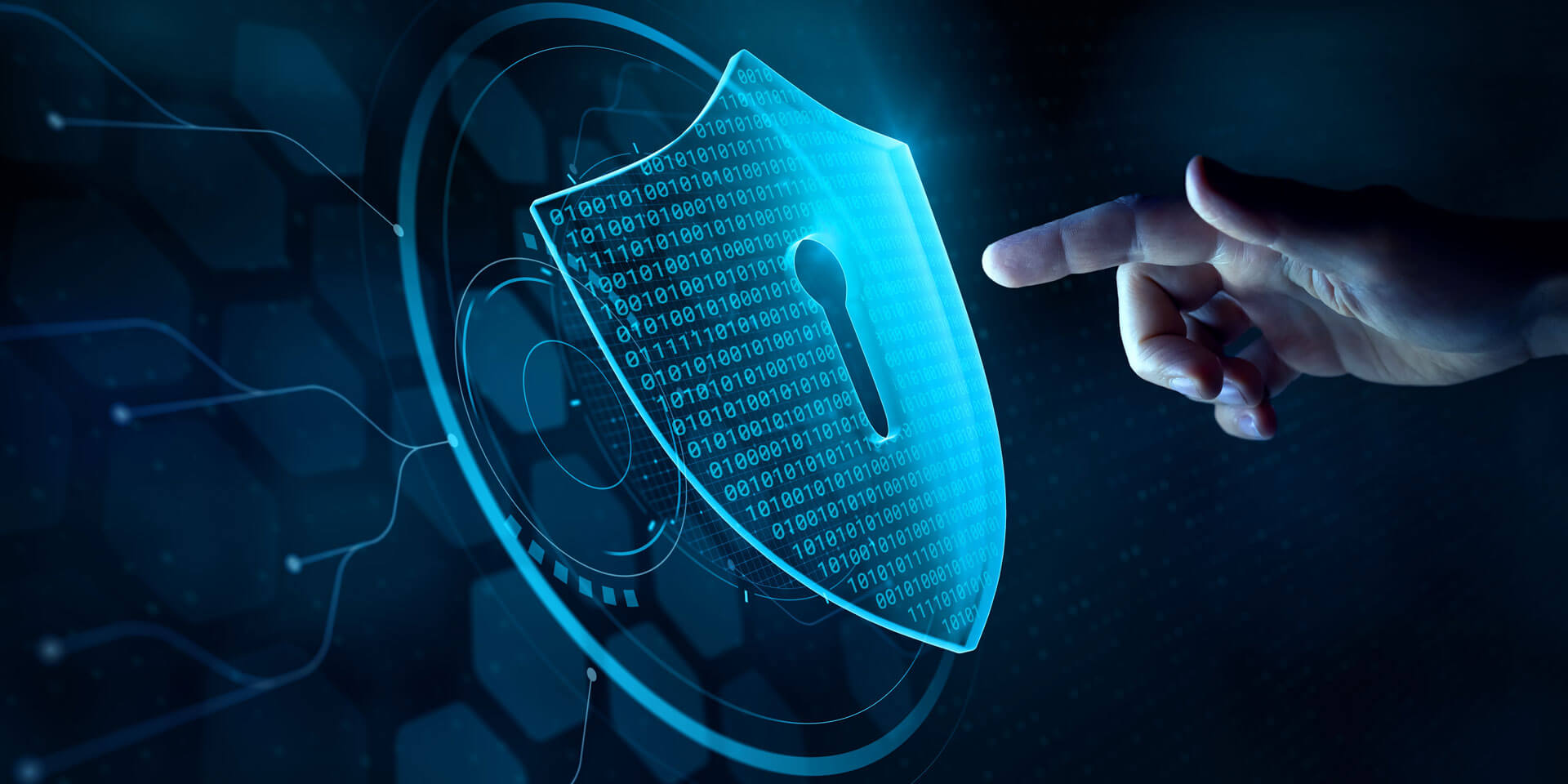



Cybersecurity isn’t just a concern for big corporations with sprawling IT departments—it’s a very real, very current threat to small and mid-sized companies. The idea that “we’re too small to be a target” simply doesn’t hold up anymore. In fact, attackers often prefer smaller businesses because they assume your defenses are lighter.
Before you invest in any cybersecurity tools or services, it’s critical to understand what you’re protecting against—and how those risks show up in everyday work.
When most people think about cybersecurity, they picture a hacker in a dark room somewhere overseas. Yes, those external threats—like phishing scams or even nation-state attacks—are very real. However, the full picture is a little closer to home.
Most security problems come from inside businesses. That includes well-meaning employees who click the wrong link, share credentials, or accidentally expose data through everyday mistakes. It also includes intentional actions from disgruntled staff or vendors. These internal risks often go unnoticed because they don’t trigger the same kinds of warnings as an external breach.
Good cybersecurity entails more than putting up a digital fence. It involves building awareness within your team and putting processes in place that support smart, secure behavior—without making technology harder to use. Security should feel like part of the way your business runs, not a burden on your workflow.
Cybersecurity may feel overwhelming, especially when you’re trying to run a business and manage a growing team. One of the biggest obstacles isn’t the threats themselves, but the myths that keep businesses from addressing them properly.
The sooner these myths are addressed, the sooner your technology can work for you—not the other way around.
Phishing attacks have come a long way from the obvious scams full of typos and weird links. Today’s scams often look nearly identical to real messages from your bank, vendors, or even your team. That’s what makes them so dangerous.
These scams come in many forms:
These attacks are designed to bypass technical safeguards by going after human behavior. Even smart, cautious people can fall for them. Being aware and always double-checking before clicking links or supplying personal information may save your business.
Most cybersecurity incidents don’t start with a sophisticated hacker—they start with a simple mistake. An employee clicks on the wrong link, reuses a weak password, or accesses sensitive data from a personal device. That’s why training is so important, and it isn’t something you do once and forget about. Building a culture of security means ongoing conversations, regular updates, and making sure everyone understands how their roles affect the bigger picture.
Cybersecurity works best when it’s part of your company’s rhythm. From the leadership team to the newest hire, everyone should be confident in doing their part. That’s how you make your technology work for you—securely, reliably, and without adding friction.
Awareness is where cybersecurity starts, but a solid strategy keeps your business protected over time.
A dependable strategy includes a few core essentials:
Each piece adds a layer of defense, but they work best when they’re part of a well-planned system—not just a pile of tech. With the right strategy, your technology becomes more secure and easier to use.
Even the best in-house IT teams can’t always keep up with evolving threats. That’s where the right partner comes in. The Aptica, LLC team works alongside your staff to build a customized security plan that fits how your business operates. At the end of the day, your strongest tools are a well-informed team and a strategy that keeps security running quietly in the background.
If you’re not sure where you stand, our Cybersecurity Awareness Webinar is a great place to start. Once you’ve watched that, let’s talk. Book a consultation and we’ll help you build a strategy that works for you.
Choosing the right IT provider can make a significant difference in how your business operates and grows. Most IT departments focus on doing just enough to keep things running, but a partner like Aptica LLC can do so much more for your business. We don’t just maintain your systems—we actively work to enhance them by offering proactive support, customized solutions, informed decision-making, and cost-effective strategies that align with your goals.
Your business deserves more than the status quo. We’re here to help you build a stronger, more efficient, and future-ready IT strategy that drives real progress for your business.
Ready to see the difference a great IT partner can make? Schedule a free consultation with Aptica LLC today and see for yourself. Let’s start building your future together!

Protected by Security by CleanTalk and CleanTalk Anti-Spam